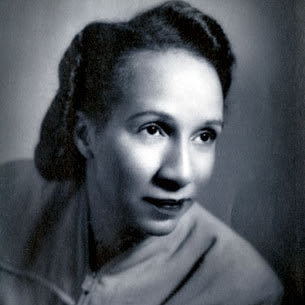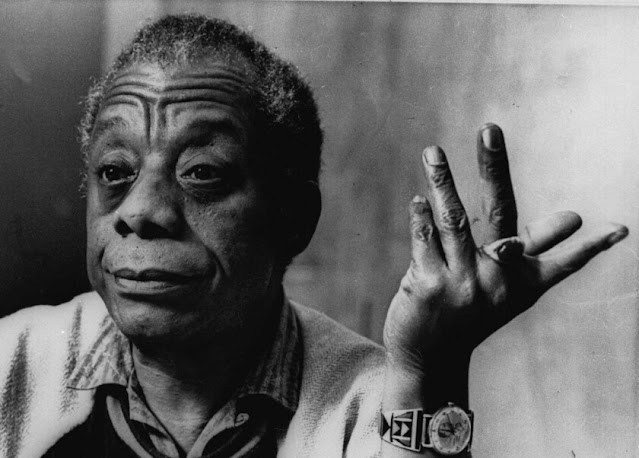Women's Herstory Month Series: Shirley Graham DuBois
Shirley Graham Du Bois (November 11, 1896 – March 27, 1977) was an American author, playwright, composer, and activist for African-American and other causes. In later life she married intellectual, writer, and activist W. E. B. Du Bois. The couple became citizens of Ghana in 1961 after they emigrated to that country. She won the Messner and the Anisfield-Wolf prizes for her works.
She was born Lola Shirley Graham, Jr. in Indianapolis, Indiana, in 1896, as the only daughter among six children. Her father was an African Methodist Episcopal minister, and the family moved often. In June 1915, Shirley graduated from Lewis and Clark High School in Spokane, Washington.
She married her first husband, Shadrach T. McCants, in 1921. Their son Robert was born in 1923, followed by David in 1925. They divorced in 1927. In 1926, Graham moved to Paris, France, to study music composition at the Sorbonne. She thought that this education might allow her to achieve better employment and be able to better support her children. Meeting Africans and Afro-Caribbean people in Paris introduced her to new music and cultures.
 |
| Shirley Graham |
In the late 1940s, Graham became a member of Sojourners for Truth and Justice – an African-American organization working for global women's liberation. Around the same time, she joined the American Communist Party.
 |
| W. E. B. and Shirley Graham Du Bois |
Shirley Graham Du Bois died of breast cancer on March 27, 1977, aged 80, in Beijing, China. She died a Tanzanian. She had moved from Ghana to Tanzania after Ghanaian president, Kwame Nkrumah, was overthrown on 24 February 1966, and became close to Tanzanian president, Julius Nyerere, and acquired Tanzanian citizenship.
After meeting Africans in Paris while studying at the Sorbonne in 1926, Graham composed the musical score and libretto of Tom Tom: An Epic of Music and the Negro (1932), an opera. She used music, dance and the book to express the story of Africans' journey to the North American colonies, through slavery and to freedom. It premiered in Cleveland, Ohio. The opera attracted 10,000 people to its premier at the Cleveland Stadium, and 15,000 to the second performance.
Due to the difficulty in getting musicals or plays produced and published, Graham turned to literature. She wrote in a variety of genres, specializing from the 1950s in biographies of leading African-American and world figures for young readers. She wanted to increase the number of books that dealt with notable African Americans in elementary school libraries. Owing to her personal knowledge of her subjects, her books on Paul Robeson and Kwame Nkrumah are considered especially interesting. Other subjects included Frederick Douglass, Phillis Wheatley, and Booker T. Washington; as well as Gamal Abdul Nasser, and Julius Nyerere. One of her last novels, Zulu Heart (1974), included sympathetic portrayals of whites in South Africa despite racial conflicts.
Selections from her correspondence with her husband (both before and after their relationship began) appear in the three volume 1976 collection edited by Herbert Aptheker (ed.), Correspondence of W.E.B. Du Bois. Shirley Graham Du Bois is the subject of Race Woman: The Lives of Shirley Graham Du Bois.
Quote: "We are a race of artists. What are we doing about it?"
– "Towards an American Theatre," Arts Quarterly, October–December 1937.
[From Wikipedia.]
Listen to this speech given by Shirley Graham Du Bois at UCLA in 1970:













Comments
Post a Comment